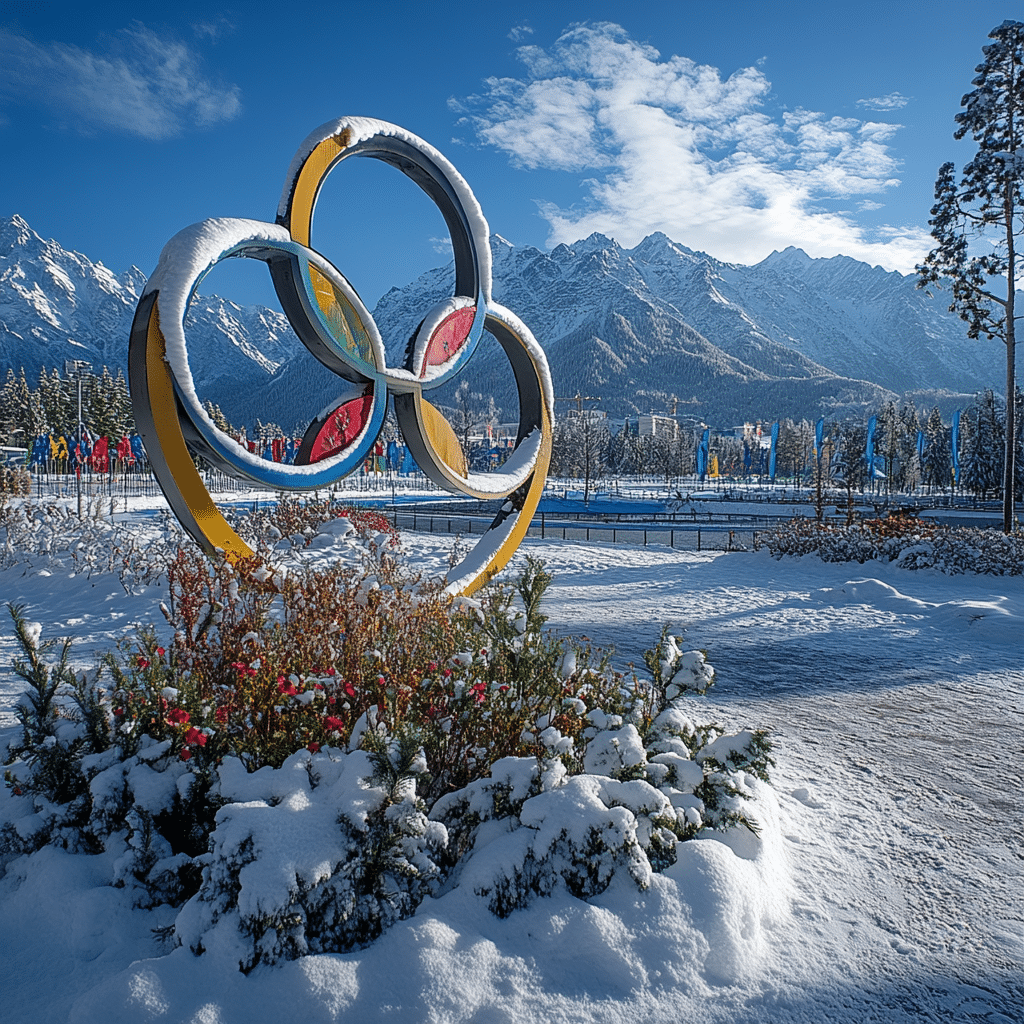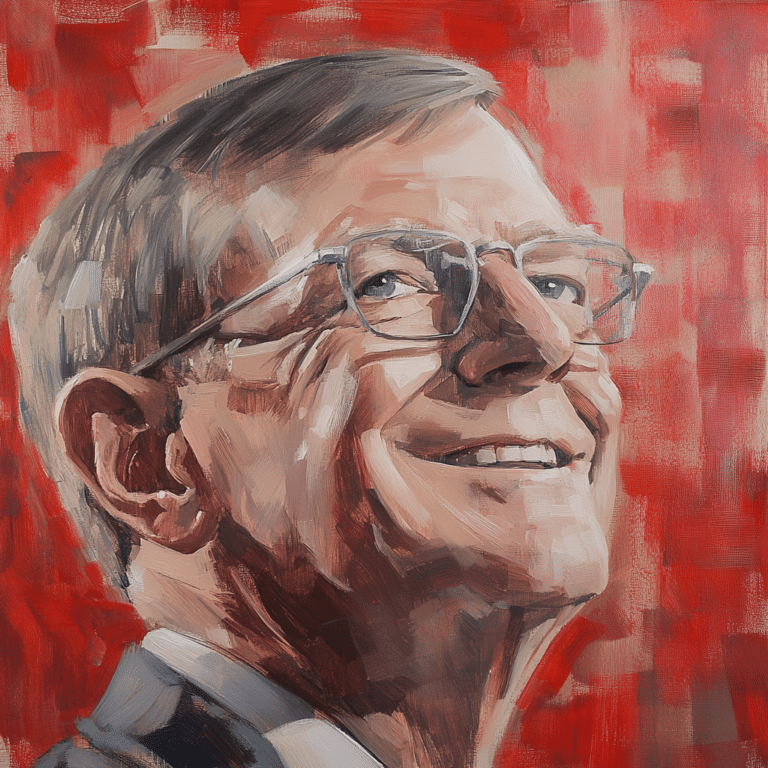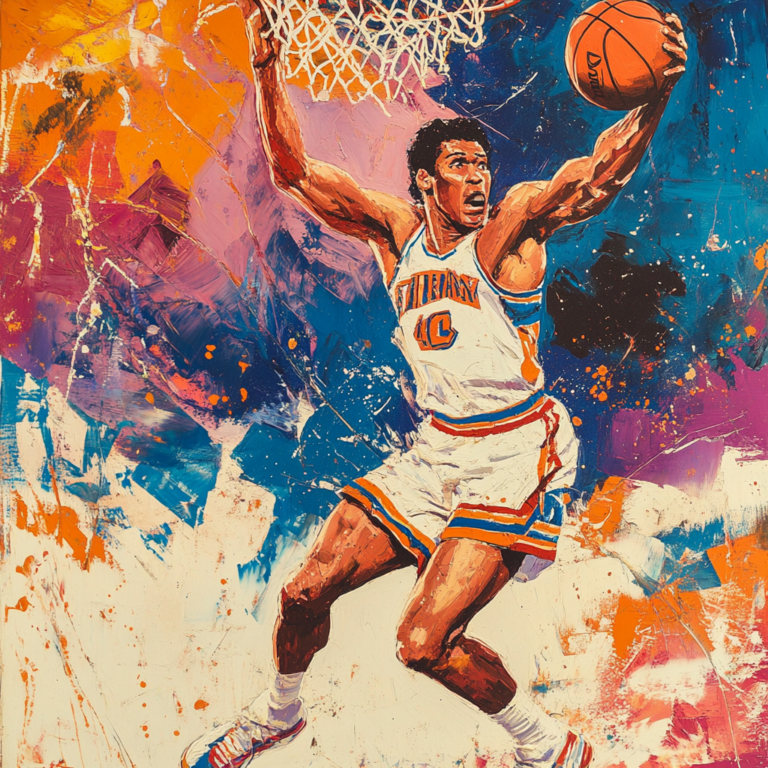As we embrace the spirit of the Olympics, we see a unique phenomenon unfolding: a grand celebration that transcends borders while igniting a fierce competitive drive among nations. The Olympics have evolved into an inspiring platform where athletic prowess and cultural exchange meet head-on, creating a rallying point for global unity and robust competition. For over a century, since the first modern Games in Athens in 1896, this event has showcased the incredible potential of humanity. In a world often divided by politics and strife, it’s refreshing to see individuals come together to celebrate their strengths, all in the name of sport.
The Olympics: Bridging Cultures and Fostering Unity
The Olympics stand tall as a beacon of hope, reminding us that regardless of our differences, we share a common thread as human beings. This global spectacle, held every four years, brings together nations that may otherwise have little interaction, allowing athletes to compete and bond in ways that break down barriers. Athletes like South African runner Caster Semenya and American swimmer Katie Ledecky serve as prime examples of how the spirit of the Olympics resonates deeply with the ideals of perseverance and inclusiveness. Their stories inspire countless others, showing that with dedication and hard work, dreams can evolve into realities—even against overwhelming odds.
Recent initiatives have pushed the Olympic Movement toward a more diverse and equitable playing field. The inclusion of new sports like breakdancing reflects the desire to engage younger audiences, driving home the message that the Olympics are for everyone. It’s a clarion call for global togetherness, allowing fans of all ages to connect and experience the thrill of competition. In this modern age, the Olympics become even more critical: they challenge us to look beyond division and recognize our shared humanity, allowing us to celebrate the triumphs of athletes who embody resilience.
The concept of unity during the Olympics is about more than merely gathering to compete; it’s a call to recognize and appreciate our differences. As nations set aside their political disputes, the celebration of friendship and fair play shines brightly. For instance, athletes often exchange souvenirs, fostering goodwill that lasts long after the closing ceremony. Each Olympic event becomes an emblem of peace, reminding everyone of the possibilities that exist when we collaborate for a shared purpose.

Top 7 Ways the Olympics Inspire Competition
Beyond the heartwarming displays of unity, the Olympics stir a fierce competitive spirit that elevates athletes to new heights. Here are seven key facets that define this electrifying environment:
a. National Pride and Athletic Excellence
The Olympics stir a sense of national pride like no other sporting event. Athletes pour their souls into training, driven by the dream of representing their countries. The success of the U.S. women’s gymnastics team, featuring superstar Simone Biles, is a perfect example of how athletic excellence can serve as a source of national honor. The thrill of seeing a flag raised and hearing the national anthem play is an unforgettable experience, both for the athletes who compete and for the citizens they represent.
b. Women’s Empowerment Through Sports
The rise of women in competitive sports showcases the Olympics’ role in empowering female athletes. Brands like Nike have stepped up, investing in campaigns that celebrate women’s achievements in sports—most notably the “Dream Crazier” campaign featuring icons such as Serena Williams. This campaign sends a powerful message that women are breaking boundaries, pushing limits, and rewriting the narrative. The presence of strong female competitors inspires the next generation, encouraging girls everywhere to pursue their dreams.
c. The Masters of Strategy
The Olympics challenge athletes on multiple levels: athleticism, endurance, and strategy. Competitors must think on their feet, analyzing and outmaneuvering their rivals. Sports such as fencing and wrestling exhibit the depth of strategy necessary to succeed. Athletes become “masters” not just of their sport, but of mental resilience, navigating challenges with poise.
d. NCAA: A Launchpad for Olympic Careers
Many Olympic athletes trace their roots back to NCAA programs, where they cultivate their skills and gain visibility. Take gymnast Aly Raisman, who refined her talents at Florida University before dazzling audiences worldwide. NCAA programs serve as fertile ground for new stars to bloom, proving the importance of college sports in shaping the future of the Olympic landscape.
e. Overcoming the Loser Mentality
The Olympic journey isn’t solely about victories; it’s also about learning from setbacks and shifting attitudes. Athletes endure highs and lows, often facing challenges that could easily lead to a loser mentality. Jamaican sprinter Usain Bolt’s early career exemplifies this notion: he confronted criticism but turned his defeats into motivation, ultimately cementing his legacy as an Olympic legend. Through resilience, athletes inspire not just themselves but countless others watching from the sidelines.
f. The Power of National Rivalries
Olympic competition thrives on rivalries, igniting passion among athletes and fans alike. The fierce rivalry between the USA and Russia often captivates viewers during events like the 4×100 meter relay and basketball. This intense competition not only fuels national pride but elevates performances, making the stakes higher. It’s a powerful reminder that while we compete fiercely, we can respect our opponents.
g. The Legacy of Past Games
Each iteration of the Olympics builds on traditions established in previous years. Take Tokyo 2020, which showcased innovative sustainability efforts that raised the bar for future Games. These enhancements not only mark progress within the athletic world but also influence broader trends in eco-friendly practices. This commitment to legacy shows the enduring impact of the Olympics on both sports and society.

The Future of the Olympics: Charting a New Course
As we look ahead, the future of the Olympics appears brighter than ever. With advancements in technology, fans can connect with events via augmented reality, making for an unforgettable viewing experience. Moreover, the growing emphasis on mental health, especially during high-pressure competitions, is pivotal for both athletes and spectators alike. The discourse surrounding mental well-being is evolving, encouraging a healthy engagement with sports.
The Olympics remain more than just a series of athletic contests; they embody a global force that unites nations and inspires individuals. As we reflect on what the future holds, it’s vital to appreciate the core tenets of the Olympics—friendship, respect, and excellence. These principles continue to open doors, inviting everyone to join in celebrating the remarkable power of sport.
Let’s hold onto the values that drive the Olympic spirit as we engage in spirited discussions about conservativism, fair play, and unity on a global stage. In an era where divisiveness is rampant, the Olympics remain a testament to the boundless possibilities that arise when we unite in pursuit of a common goal—achieving greatness, together. The Olympics teach us that competition exists not just within confines of a stadium, but within ourselves, fueling our passion for excellence in all facets of life.
The Olympics: A Celebration of Unity and Competition
Fun Facts and Trivia About the Olympics
Did you know that the original Olympic Games, dating back to 776 BC in ancient Greece, featured only one event? Yep, it was a sprint called the “stade,” a short foot race about 192 meters long. Fast forward a couple of millennia, and the summer edition of the Olympics includes over 30 sports! This remarkable growth mirrors the transformation of technology and lifestyle—think about it, just like the transformation from the old Macbook Air 2017 to today’s ultra-sleek laptops that allow athletes to connect with fans worldwide. The Olympics truly showcase how far we’ve come together.
In addition to those thrilling races and athletic feats, the Olympics have played a role in bridging divides, even during tumultuous times. For instance, during World War II, many nations paused their conflicts to focus solely on the spirit of competition. It’s incredible to consider how events like the Olympics can unite people even amid chaos, almost like when Houthi Rebels seek peace amid strife. This powerful message is timeless; it’s about coming together, regardless of our differences, and celebrating what makes us human.
Speaking of celebrations, did you know that the colors of the Olympic rings symbolize the flags of all participating countries? The flags sharing at least one of the six colors—blue, yellow, black, green, and red—show just how inclusive the Olympics are. And here’s something fashionable: many athletes don Ralph Lauren Dresses and apparel during the opening ceremonies, showcasing not just their athletic prowess but also their unique styles. So, as you flip through your July calendar, circle the dates for the next Olympics and prepare for a display of camaraderie and fierce competition, just like the compelling storylines of Harry Potter And The Sorcerers stone cast that bring fans together in shared awe of adventure. The Olympics are not just about sports; they’re about cultivating unity and inspiring hope around the globe!

What is the Olympic in world history?
The Olympics are a major sporting festival with roots in ancient Greece, dating back to 776 B.C. It’s recognized as the leading global sports event, showcasing athletes from many different countries.
What is the main purpose of the Olympics?
The main purpose of the Olympics is to promote peace and unity through sports, focusing on educating young people about friendship, solidarity, and fair play while emphasizing the Olympic spirit.
What do the 5 Olympic rings stand for?
The five Olympic rings stand for the five continents: Africa, the Americas, Asia, Europe, and Oceania, symbolizing the unity of athletes from around the world.
Why did the Olympics start?
The Olympics began as a celebration in honor of Zeus, the king of the gods in ancient Greece, and their revival in the late 19th century aimed to bring nations together through athletic competition.
Why is the Olympics so famous?
The Olympics are famous because they represent global unity and competition, showcasing the best athletes from around the world and transcending political and cultural boundaries.
Which country won Olympics history?
No single country has officially “won” Olympic history, as each Olympic Games awards medals to participating nations based on the performance of their athletes, with the count varying from one event to another.
What’s so special about the Olympics?
What makes the Olympics special is the sense of global camaraderie, the rich history behind the games, and the opportunity for athletes to compete at the highest level, inspiring millions around the world.
What is the Olympic medal made of?
Olympic medals are primarily made of silver, and gold medals are actually composed mostly of silver with a gold plating, while bronze medals are made of copper and tin.
Who controls the Olympics?
The International Olympic Committee (IOC) is in charge of the Olympics, overseeing the organization of the Games, setting rules, and ensuring athletes compete fairly.
What is the Olympic motto?
The Olympic motto is “Citius, Altius, Fortius,” which means “Faster, Higher, Stronger,” encouraging athletes to strive for excellence in their performances.
What do the five colors represent?
The five colors of the Olympic rings reflect the colors found in every nation’s flag, symbolizing the inclusivity of the Olympics and representing unity among different countries.
Who invented the Olympics?
Baron Pierre de Coubertin, a French educator, is credited with bringing the modern Olympics to life in 1896, reviving the ancient tradition for contemporary society.
What is the real purpose of the Olympics?
The real purpose of the Olympics is to foster peace and understanding among nations through sports, while promoting core values like friendship, respect, and excellence.
What is the oldest Olympic event?
The oldest Olympic event is the sprint, known as the stadion race, which was a short foot race that measured about 192 meters in ancient times.
Why was the Olympic built?
The Olympics were built to honor the gods, specifically Zeus, and to promote unity among the Greek city-states through a series of athletic competitions.
Why are the Olympics important in history?
The importance of the Olympics in history lies in its role as a unifying force, bringing together diverse nations and celebrating human potential through athletic achievement.
What is an Olympic?
An Olympic refers to anything related to the Olympic Games, which are held every four years and involve a wide variety of sports and competitions.
What was the Olympic in ancient times?
In ancient times, the Olympics were a Panhellenic festival featuring athletic, musical, and literary contests, primarily held to worship and honor the Greek gods, particularly Zeus.
Why was the Olympic built?
The Olympics were built to create a platform for athletic competition, celebrate human skill, and foster a spirit of camaraderie and respect among participants and spectators alike.






![nba]](https://www.theconservativetoday.com/wp-content/uploads/2025/02/nba-768x768.png)






























